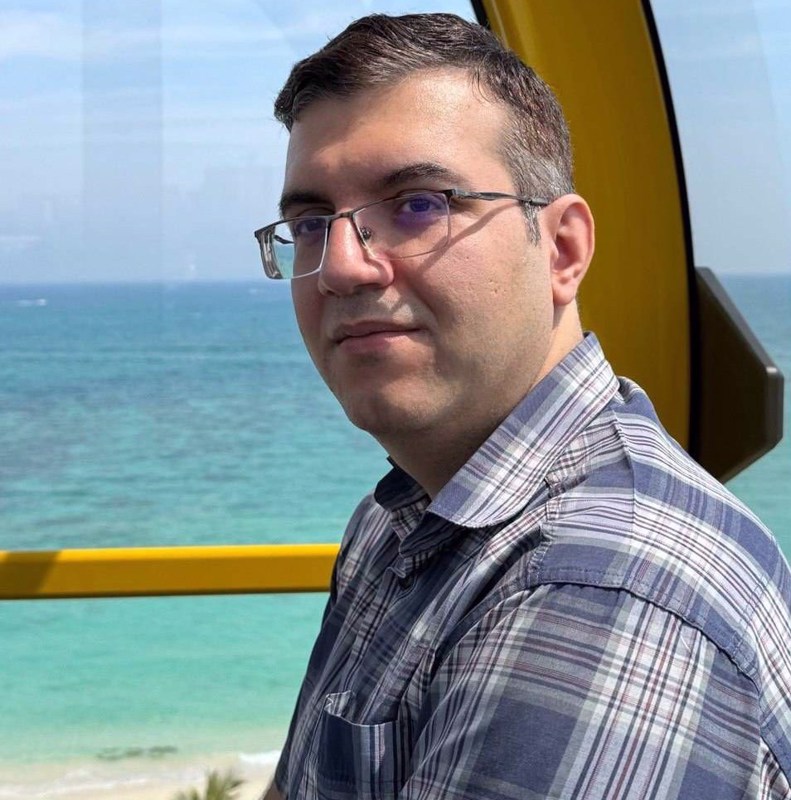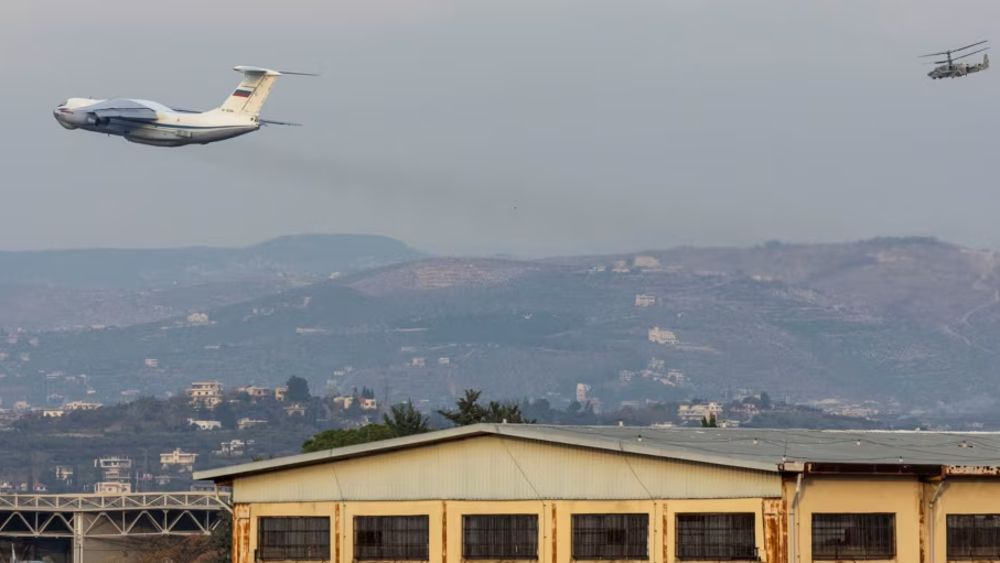At UN, a French push to defend Iran deal
France has undertaken a robust push at the ongoing United Nations General Assembly (UNGA) meeting to make a case for why the United States should stay in a landmark, multilateral nuclear deal with Iran.
French President Emmanuel Macron, who is making his maiden speech at the UNGA on Tuesday, said on Monday that Paris was committed to and supported the nuclear accord, known as the Joint Comprehensive Plan of Action (JCPOA).
Macron made the remark in a meeting with Iranian President Hassan Rouhani on the sidelines of the 72nd session of the UNGA in New York, where world leaders have gathered.
The French president called for the full implementation of the JCPOA, adding that any renegotiation of the agreement would be “meaningless.”
The JCPOA was reached between Iran and six other countries — France, Russia, China, Britain, Germany, and the US — in July 2015 and took effect in January 2016. Under the deal, Iran undertook to apply certain limits to its nuclear program in exchange for the termination of all nuclear-related sanctions against Tehran.
But since rising to the presidency in the US a year after the implementation of the Iran deal had begun, Donald Trump has been actively seeking a pretext to initiate an American withdrawal. All the other parties to the deal have in contrast stressed that the agreement must be sustained.
During the meeting with Macron, Rouhani said that the Trump administration’s behavior toward the JCPOA was “worrisome” for the international community.
“The JCPOA conveyed this message that complicated international issues could be resolved through dialog and in a win-win framework, and any damage to it could transmit this dangerous message to the world that diplomacy cannot settle problems,” the Iranian president said.
Macron has said previously that France saw no alternative to the JCPOA.
French diplomacy
Earlier on Monday, French Foreign Minister Jean-Yves Le Drian had said that Paris would use meetings at the UN this week to persuade the US not to abandon the multilateral nuclear agreement with Iran.

“It’s essential to maintain (the deal) to prevent a spiral of proliferation” in the region, Le Drian warned ahead of a meeting between Trump and Macron.
“France will try to persuade President Trump of the importance of this choice,” he said, adding, however, that “work” may be necessary about the Iranian nuclear program after 2025, when Western countries believe certain provisions of the JCPOA will expire.
The International Atomic Energy Agency (IAEA) has repeatedly verified Iran’s adherence to the terms of the JCPOA. Nevertheless, Trump has called the agreement “the worst deal ever” and threatened that he would not certify Iranian compliance at a future deadline under American law in mid-October.
This is while the IAEA and a Joint Commission are the sole official parties in charge of monitoring Iranian compliance.
Rouhani meets other world leaders
Separately on Monday, the Iranian chief executive held a meeting with his Austrian counterpart, Alexander Van der Bellen.

Rouhani stressed that the full implementation of the JCPOA benefited the European Union and the region, underlining the need for the bloc to increase its efforts to sustain the deal.
The Austrian president, for his part, urged the reinforcement of Tehran-Vienna cooperation in all fields.
The EU coordinated the negotiations that led to the JCPOA. The body has been assertive in its support for the JCPOA.
Rouhani also sat down with Swedish Prime Minister Stefan Löfven in New York.

The Iranian president appreciated the EU’s solid support for the JCPOA and warned that the Trump administration’s stance was inappropriate.
The JCPOA, Rouhani said, is an international agreement conducive to regional and global security and stability.
The Swedish premier said that the JCPOA should not be undermined and underscored the need for its full implementation and the removal of restrictions on business with Iran.
He further expressed satisfaction with the IAEA reports confirming Iran’s compliance with the JCPOA, saying that all parties to the accord should live up to their obligations.
Leader: Iran has no proxy forces in West Asia
US fighter aircraft shot down ‘in friendly fire’ amid aggression on Yemen
Yemeni FM: Israel’s sponsors accountable for ongoing aggression on Sana’a
Eight Palestinians killed as Israel attacks Gaza school, hospitals
VIDEO | Rome, Milan host new protests in solidarity with Palestinians
Dec. 21: ‘Axis of Resistance’ operations against Israeli occupation
Spain jurists demand ties with Israel ties be cut
VIDEO | Press TV's news headlines
















 This makes it easy to access the Press TV website
This makes it easy to access the Press TV website